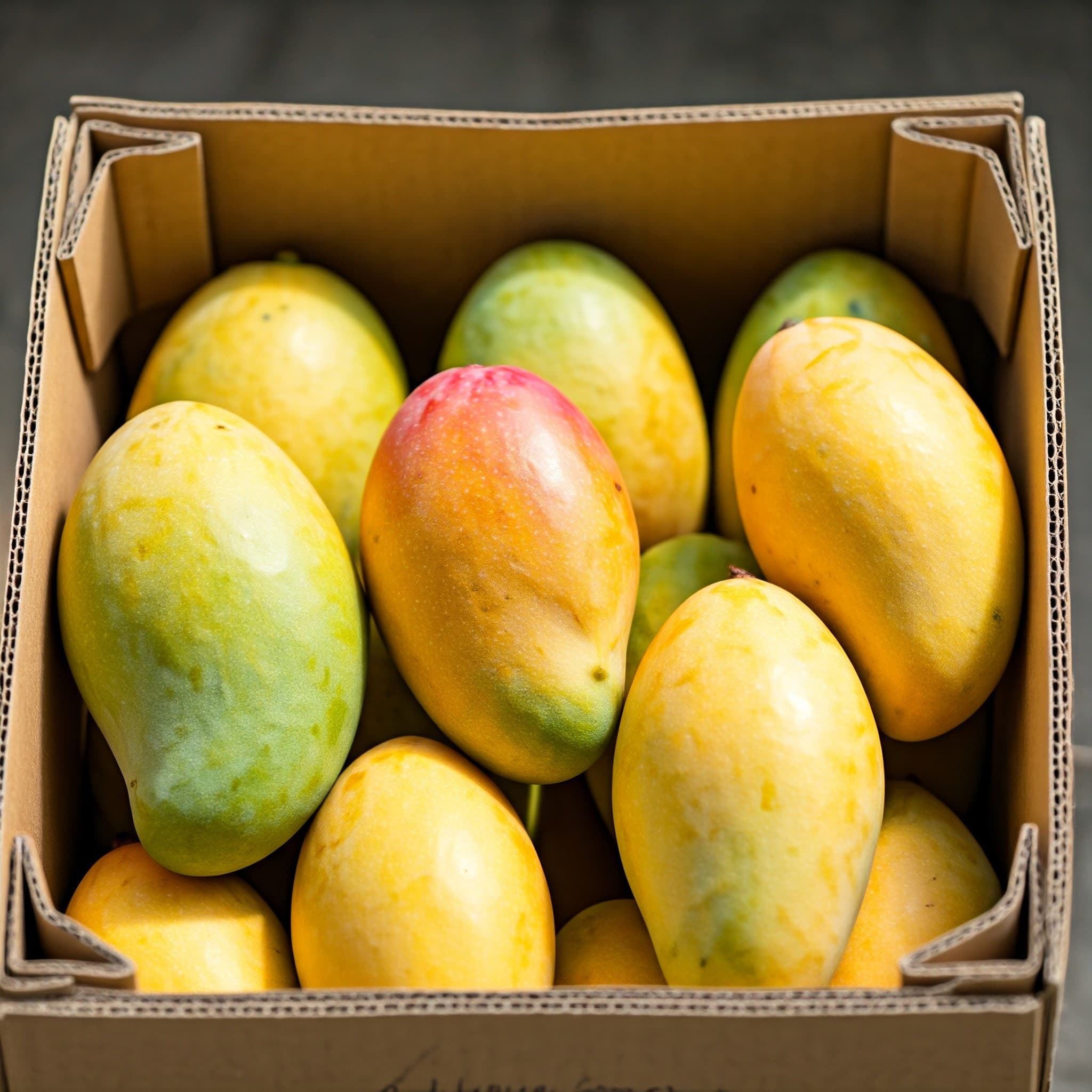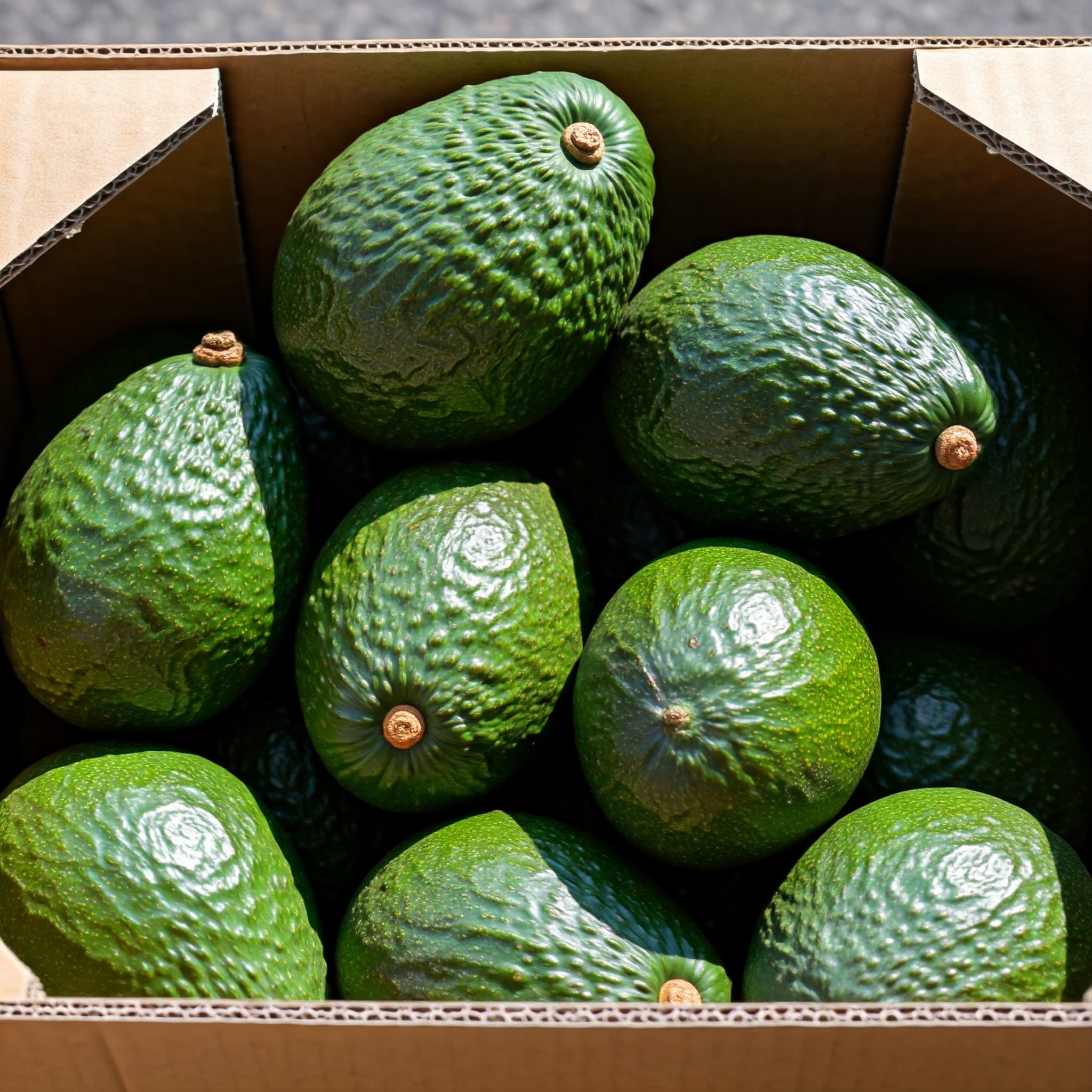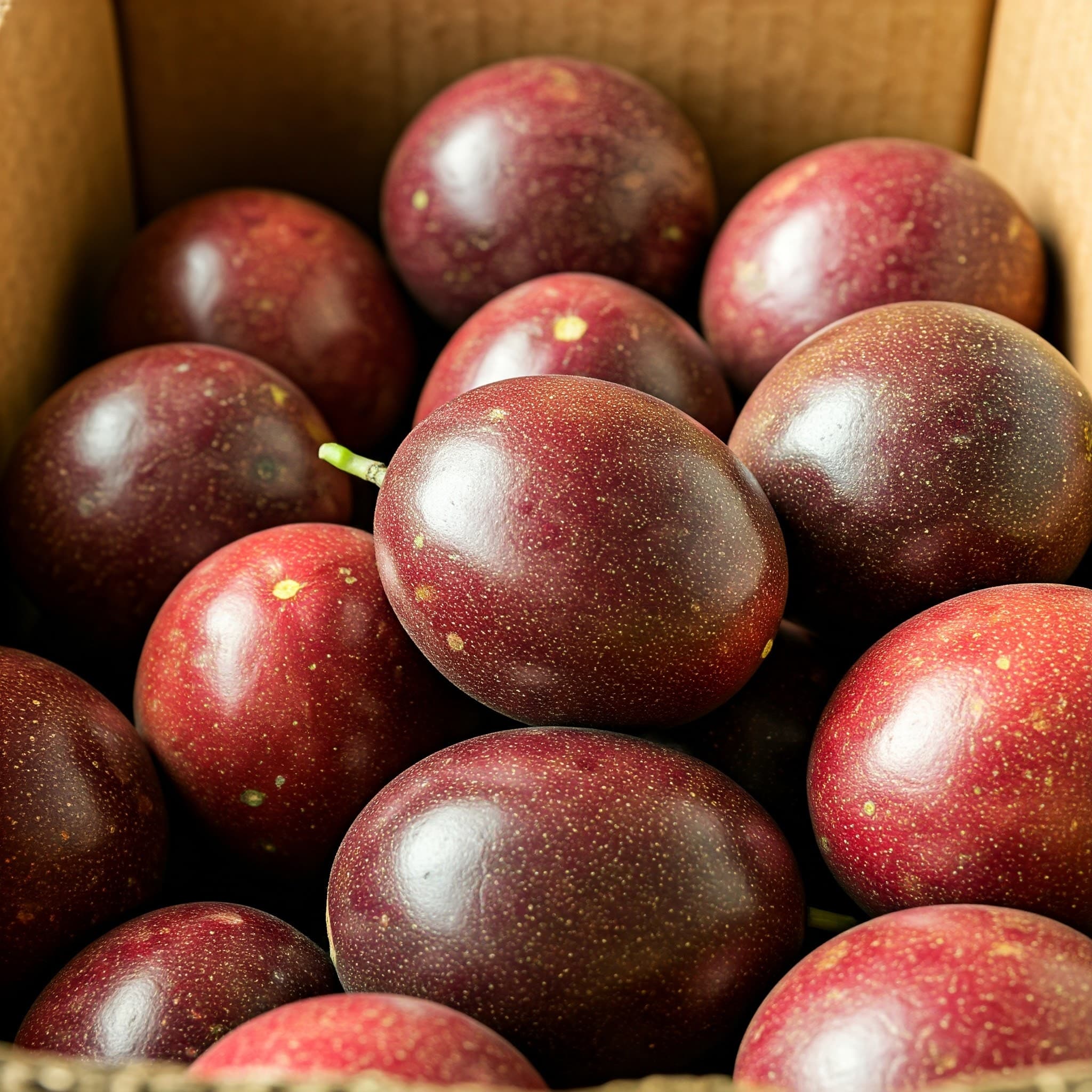





In recent years, the global trade of fresh fruits has seen a significant rise, driven by increasing demand for exotic and seasonal produce. However, this growth has also attracted fraudulent activities, particularly targeting exporters who rely on Payment Against Documents (PAD) for air cargo shipments. PAD, while convenient, presents unique vulnerabilities due to the rapid transit times of air freight, which often outpaces the verification of payment. This creates a window of opportunity for fraudsters to exploit unsuspecting exporters, leading to substantial financial losses.
This article delves into the critical risks associated with PAD transactions for fresh fruit exporters, explores real-world fraud cases, and provides actionable strategies to safeguard your business. By understanding these risks and implementing robust preventative measures, exporters can protect their assets, maintain profitability, and build trust in international trade relationships.
Understanding the PAD Fraud Risk in Air Cargo Shipments
Payment Against Documents (PAD) is a common payment method in international trade, where the buyer agrees to pay upon presentation of shipping documents, such as the bill of lading, commercial invoice, and certificate of origin. These documents are typically handled through the banking system, which acts as an intermediary. However, the speed of air cargo shipments introduces a critical vulnerability: goods often arrive at their destination before payment can be fully verified.
Fraudsters exploit this gap using sophisticated tactics, including fake payment confirmations and manipulated bank transfers. For fresh fruit exporters, the stakes are even higher due to the perishable nature of the goods, which makes recovery or resale nearly impossible once the shipment is released. Below, we explore the most common fraudulent schemes and their implications for exporters.
Common Fraud Tactics in PAD Transactions
1. Fake Payment Slips
Scammers often send counterfeit payment slips that appear legitimate, complete with bank logos, transaction IDs, and signatures. These documents are designed to deceive exporters into believing that payment has been initiated, prompting them to release the goods. However, no actual payment is made, leaving the exporter with significant losses.
2. Manipulated Bank Transfers
In some cases, fraudsters initiate a bank transfer but cancel or reverse it shortly after. This creates a temporary appearance of payment in the banking system, tricking exporters into shipping goods without realizing the payment will not be finalized.
3. Identity Spoofing
Fraudsters may impersonate legitimate buyers or banks, using fake email addresses or websites to communicate with exporters. This tactic is particularly effective in creating a false sense of security, as the exporter believes they are dealing with a trusted party.
Real-World Case Study: A Costly Lesson for a Fresh Fruit Exporter
Consider the case of an African fruit exporter who agreed to a PAD transaction with a new client in the Middle East for a large shipment of mangoes. The buyer provided a convincing payment confirmation, complete with official bank logos and transaction details. Reassured by the documentation, the exporter shipped the mangoes via air cargo, which arrived at the destination within two days.
However, when the exporter attempted to withdraw the funds, they discovered that no payment had been made. The buyer had disappeared, and the exporter was left with no recourse. In addition to losing the value of the shipment, the exporter incurred significant freight and handling costs, highlighting the devastating impact of PAD fraud.
Key Risks in PAD Transactions for Air Cargo Shipments of Fresh Fruits
1. Fake or Cancelled Bank Transfers
The rapid shipping time of air cargo creates a narrow window for payment verification, which fraudsters exploit by creating fake or temporarily initiated transfers.
2. Customs Clearance Speed
Perishable goods often clear customs quickly, making it difficult for exporters to retrieve goods once they are released to the buyer.
3. Difficulty in Retrieving Goods
Once the goods are in the buyer’s possession, recovery is nearly impossible without costly and time-consuming legal proceedings.
4. Perishability of Goods
Fresh fruits have a limited shelf life, making them unsuitable for sales or storage if the transaction fails.
Comprehensive Recommendations to Prevent PAD Scams
1. Require an Irrevocable, Confirmed Letter of Credit (LC)
An LC is a more secure payment method than PAD, as it guarantees payment upon verification of shipping documents. For added security, ensure the LC is confirmed by a reputable bank in your country.
2. Request Full or Partial Payment in Advance
Requiring at least 50% upfront payment establishes the buyer’s commitment and reduces the risk of non-payment. For high-risk regions or new clients, consider requesting full prepayment.
3. Utilize Trusted Escrow Services
Escrow services act as neutral third parties, holding funds until both parties fulfill their obligations. This ensures payment verification before goods are released.
4. Partner with Trade Insurers
Trade insurance can protect against losses from non-payment or fraud. Specialized policies for agrifood exporters often include coverage for unpaid transactions and support for dispute resolution.
5. Conduct Comprehensive Due Diligence on New Clients
Verify new clients by requesting trade references, validating their business registration, and confirming bank details directly with their bank. Be cautious of red flags such as reluctance to provide references or urgent shipment requests without prior transactions.
6. Independently Verify Payment Before Shipping
Always confirm directly with your bank that payment has been cleared up before releasing goods. Avoid relying solely on buyer-provided documents and insist on independent verification.
7. Leverage Technology for Secure Transactions
Use secure payment platforms and blockchain-based solutions to enhance transparency and traceability in transactions. These technologies can help verify payment authenticity and reduce the risk of fraud.
8. Establish Clear Contract Terms
Draft detailed contracts that outline payment terms, delivery conditions, and dispute resolution mechanisms. Ensure both parties sign the contract before proceeding with the transaction.
9. Monitor High-Risk Regions
Stay informed about regions with elevated fraud risks and adjust your payment terms accordingly. For example, consider avoiding PAD altogether in high-risk areas.
10. Educate Your Team
Train your staff to recognize common fraud tactics and implement strict internal controls for verifying payments and shipping documents.
Conclusion
The risks associated with Payment Against Documents (PAD) for fresh fruit shipments by air cargo are significant, but they can be mitigated through proactive measures and a thorough understanding of fraud tactics. By adopting secure payment methods like irrevocable letters of credit, conducting rigorous due diligence, and leveraging technology, exporters can protect their businesses from financial losses and build stronger, more trustworthy trade relationships.
In an increasingly interconnected global market, vigilance and preparedness are key to navigating the complexities of international trade. By implementing the strategies outlined in this guide, fresh fruit exporters can reduce their exposure to PAD fraud, safeguard their assets, and ensure the long-term sustainability of their businesses. Remember, protecting your business begins with a commitment to secure transactions and a proactive approach to risk management.
I hope you enjoyed reading this post and learned something new and useful from it. If you did, please share it with your friends and colleagues who might be interested in Agriculture and Agribusiness.
Mr. Kosona Chriv
Founder of LinkedIn Group « Agriculture, Livestock, Aquaculture, Agrifood, AgriTech and FoodTech » https://www.linkedin.com/groups/6789045/
Group Chief Sales and Marketing Officer
SOLINA GROUPE CÔTE D’IVOIRE
Cocody, Riviera Bonoumin
Lot 738 Ilot 56 Section ZT parcelle 67
11 BP 1085 Abidjan 11
Ivory Coast
Follow-me on
✔ WhatsApp: +2349040848867 (Nigeria) +85510333220 (Cambodia)
✔ BlueSky https://bsky.app/profile/kosona.bsky.social
✔ Instagram https://www.instagram.com/kosonachriv
✔ Threads https://www.threads.com/@kosonachriv
✔ LinkedIn https://www.linkedin.com/in/kosona
✔ Facebook https://www.facebook.com/kosona.chriv
✔ Tiktok https://www.tiktok.com/@kosonachriv
WhatsApp Channel: https://whatsapp.com/channel/0029Va9I6d0Dp2Q2rJZ8Kk0x















